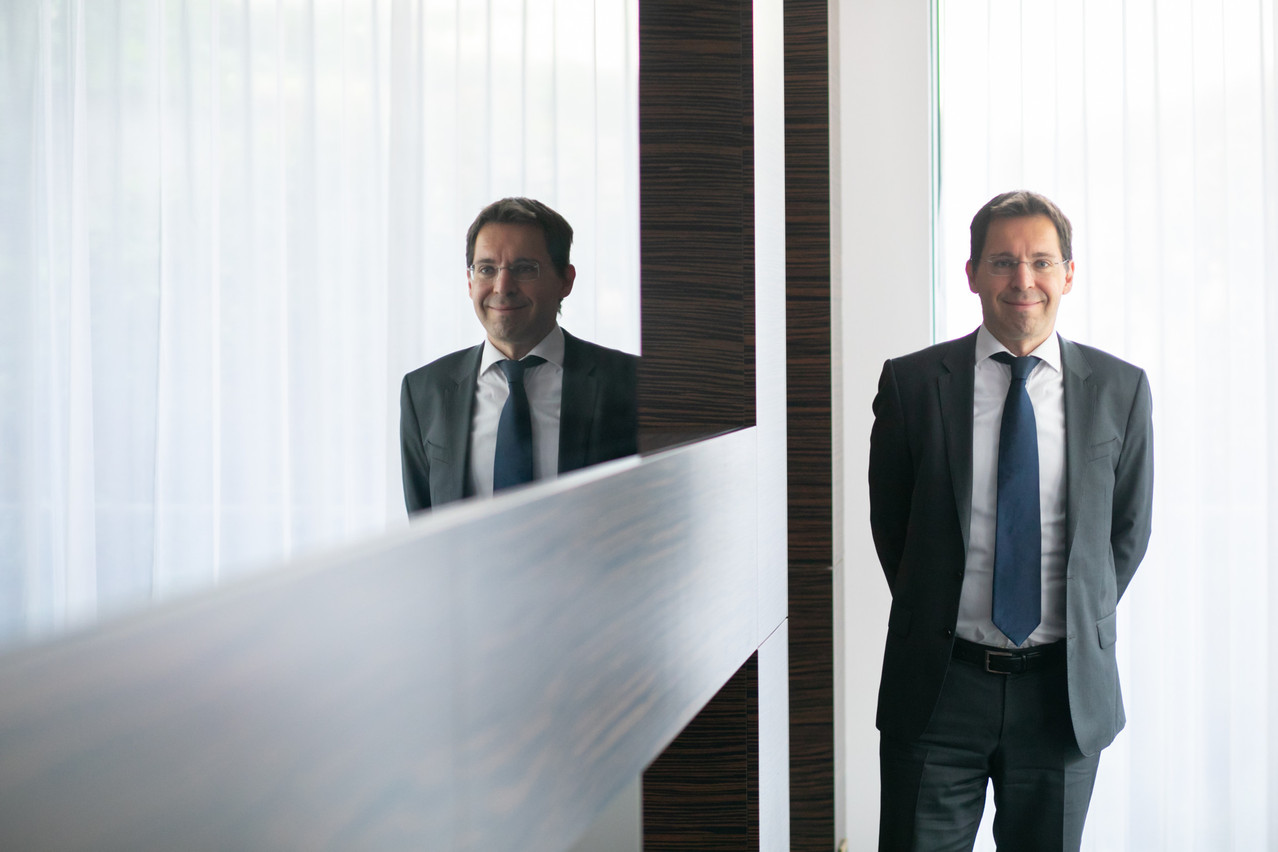For Gergely Majoros, the markets are moving from a world where interest rates were mispriced to a world where the markets will determine the level of interest rates. “This transition is underway and will take time,” he said during an interview.
Marc Fassone: You mention a transition phase in the markets. How should asset managers adapt to this new situation?
Gergely Majoros: In this transition, there will be inflection points in terms of inflation, central bank action and, above all, in the interest rate markets. It is these inflection points that we have to try to anticipate.
The first question is to know when ‘risk-free rates’ will peak and turn around. At Carmignac, we believe that we are there, or almost there. This is why we have started to remove the protections that we had in our portfolios for several months in terms of equity positions, credit positions and interest rate sensitivity. Until three months ago, we were extremely cautious. We were hedged on almost all markets. Today, we have a much more constructive position.
Are you concerned about the continued aggressive monetary tightening by central banks?
The central bank situation is becoming increasingly complicated. It was clear in recent months that finding the right balance between inflation and recession was not easy. Now a third component has been added to the equation: the issue of financial stability. The emergence of this issue complicates matters further. This is probably one of the reasons why we have seen what we identify as an inflection point in central bank action.
In the latest communications from the European and American central banks, we can see a slightly less aggressive attitude in terms of tightening. This is not yet the pivot the market is hoping for, but we can now expect a less aggressive approach at the next monetary committee meetings in December. This will probably continue to support the markets.
The outlook for companies suggests that everyone is becoming more cautious and that 2023 will not be an easy year.
How do you see inflation evolving and how do you position yourself?
Today, inflation is once again the main compass for asset managers. We also believe that inflation is reaching its inflection point and that there will be a downward turn in 2023.
We believe that managers need to differentiate between long-term, structural inflation and short inflation cycles. In terms of structural inflation, we have entered a new market regime of higher inflation and higher interest rates. But we should not lose sight of the fact that, at a more tactical level, we will have inflation cycles with accelerating peaks and then reversals. It is up to managers to take advantage of this.
Inflation or recession? Which of these words scares you more today?
One of the big inflection points that the market is waiting for and that we’ve probably reached is the high point in rates. Until then, we had upward pressure on yields from inflation and aggressive central bank tightening.
The question is when the downward pressure from the recession will take over and rates will turn around. We at Carmignac believe that we are probably not far from this situation. So the main challenge for the markets is going to be the recession.
Let’s take the example of the equity markets. Its driving force in recent months has been the decline in valuation levels. Now it is earnings expectations that will drive the market. We have analysed the third quarter results. They are less disappointing than expected. On the other hand, the outlook for companies suggests that everyone is becoming more cautious and that 2023 will not be an easy year.
Is this the right time to invest in the markets again?
Today, the time to be extremely cautious is behind us. We have become more constructive even if we remain very vigilant.
Read the original French version of this interview on the site

